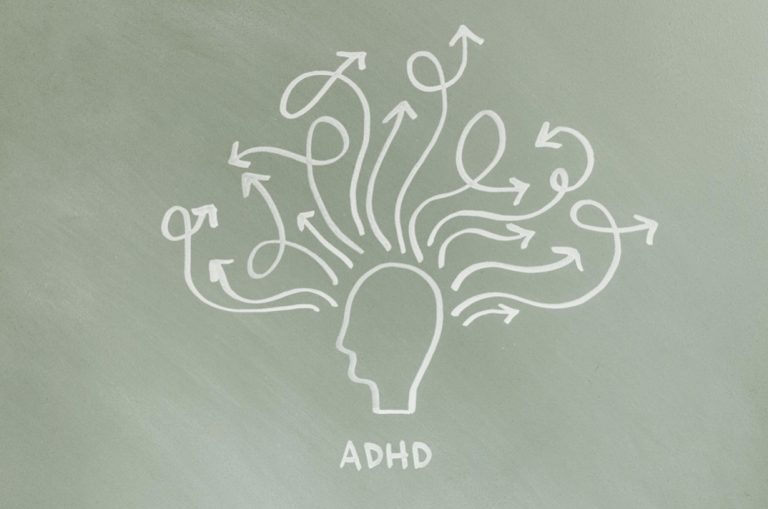Mental illnesses have existed ever since humans did, and unfortunately, they have always been a victim of social stigma. Taboos that revolve around mental health have forced the patients of these ailments to stay quiet and limit expressing their genuine emotions. They have all been a target of cruel and harsh sayings, which further disturbs their mental state. It takes a lot of courage for mental health patients to speak of their loss of control over their illness because most people, even to this day, blame them for not trying enough. Unfortunately, this additional burden prevents them from seeking professional help through therapy or counseling.
Mental health is one of the primary public health issues as it contributes to several more diseases and social problems. Stress and tension are crucial reasons behind diabetes and high BP; depression and anxiety lead to higher suicide rates and disorders like anorexia cause issues like increasing obesity rate and substance abuse. However, this topic is more complicated than it seems because of the taboos attached to it. Hence, public health professionals need extra knowledge and skills to cater to such problems. Let’s have a look at how they can help eradicate mental health taboos from society:
Story Stages
1. Educate Yourself
First of all, it is essential to educate yourself as a public health professional to understand the type of conversion you need to have. Professionals can modify their skills by taking some online courses or degrees. Therefore, they can opt for an online MPH program that helps them develop further and latest knowledge regarding the taboos revolving around mental illnesses. With the help of online education, they can do their current job with their studies. After completing the degree, these professionals can help mentally ill patients with the latest techniques.
2. Equalize Physical and Mental Illness
One of the biggest reasons behind the lack of awareness and understanding of mental illnesses is that they don’t have evident symptoms. For instance, if someone finds that their child is depressed, they might perceive it as sad and allow them time to get over it. However, if public health professionals remove the differences between physical and mental health, they could resolve this issue. It is necessary to constantly remind the public that mental illnesses don’t cure with time, just as heart disease or cancer doesn’t. Like any other physical ailment, this one also needs treatment, and the patients deserve a similar sort of compassion.
3. Promote Mental Health Month
The month of May is renowned as the month of mental health awareness globally. However, despite having a whole month after it, this issue is undoubtedly not raised enough by public health professionals. Promoting mental health month would benefit immensely in breaking the stigma. Something as little as wearing green ribbons would initiate conversations amongst the public. Hopefully, they’ll learn more about the rising problems of mental health stigmas with adequate educational programs. It will let the community know about the importance of this topic. Public health websites can also post blogs and information on social media and release articles in the local newspaper.
4. Signify Side Effects of the Taboos
People must understand the problems enrooted in the community due to the side effects of these stigmas. Public health professionals can play their part in making these issues known to society. Such as taboos that revolve around mental health can cause reluctance to seek help and staying put on the treatment, which increases chances of suicide and substance abuse. Additionally, the taunting and spiteful objections for mentally ill people can force them to self-isolate. It leaves them with fewer opportunities for social activities, work, and academic expansion. Also, just because people don’t speak up against these stigmas, they often turn into bullying and harassment. Lastly, the matter is so prevalent that many health insurances don’t consider mental health treatment worth being included in the plan.
5. Use Available Mediums Wisely
Unfortunately, traditional media has contributed significantly to creating and stabilizing mental health stigmas in society. TV shows and movies often represent mental illnesses like PTSD and schizophrenia as untreatable. It frightens people enough not to acknowledge them even if they witness such symptoms in their loved ones. In addition, people often suggest that love and romance could cure disorders like anxiety and depression, which mislead others from seeking a suitable form of help. Hence, public health professionals should collaborate with the media and inform them of stigmatizing shows. They must also use this platform to raise awareness in parents, as the home environment is a primary cause behind the rise of this issue.
Conclusion
Conclusively, we cannot expect public health professionals to cater and fix the issue all by themselves. Government-level intervention is a necessitating factor here. Government should provide professional support in educational institutes, and people should be encouraged to talk openly about it. Law and order should restrict the use of abusive and sensitive language against people who talk about their mental health online. Collectively working towards eradicating the stigmas is the only way to eliminate them from society altogether.
